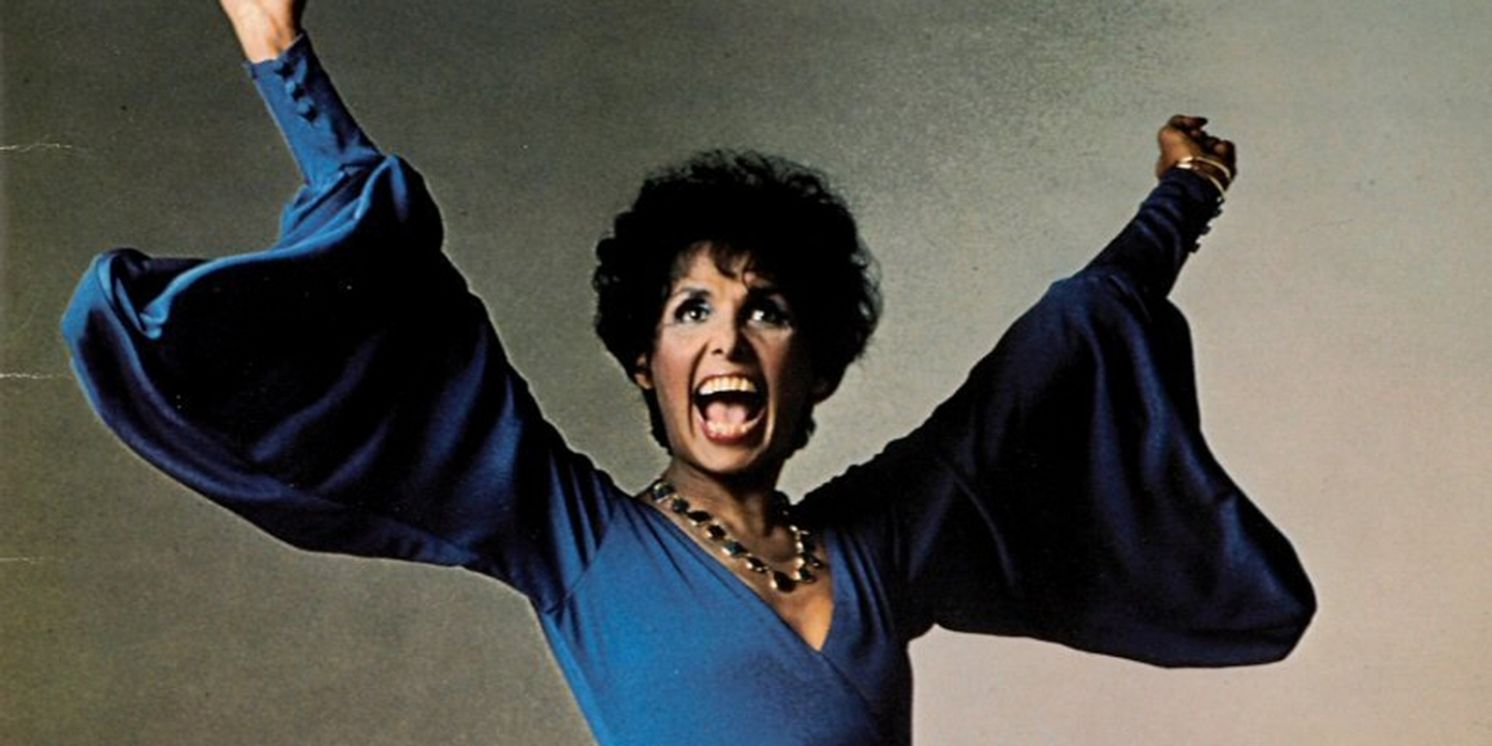Nederlander Organization Will Unveil The Lena Horne Theatre November 1
A formal celebration will take place on 47th Street to celebrate the historic moment for the theater community.

The Nederlander Organization will officially rename the Brooks Atkinson Theatre as the Lena Horne Theatre on Tuesday, November 1, in honor of the iconic entertainer and civil rights activist, becoming the first Broadway theatre to be named for a Black woman. A formal celebration will take place on 47th Street to celebrate the historic moment for the theater community.
Co-produced by Christina Selby and Jacquelyn Bell, the ceremony will include special performances, remarks, and an unveiling of the new marquee, kicking off with a DJ'd block party to celebrate the momentous occasion. Joining in the celebration will be legendary stars and luminaries from the Broadway and entertainment communities.
During the summer of 2020, in solidarity with Black Theatre United, The Nederlander Organization embarked on a mission to rename the Brooks Atkinson Theatre after a prominent Black theatre legend, and chose someone from within the fabric and history of the organization. As the first Black woman ever to be nominated for a TONY Award for Leading Actress in a Musical, Horne also had a special history within the Nederlander family. James (Jimmy) L. Nederlander's father, James M. Nederlander, was instrumental as one of the lead producers of Lena Horne: The Lady and Her Music which played at the Nederlander Theatre in 1981. The show was an instant success and was extended to a full year run, garnering Horne a special Tony Award and two Grammy Awards for the cast recording of her show.
The historic celebration will acknowledge not only the significance of this unprecedented moment but also why representation matters. The timing is especially poignant during this moment of global demand for inclusivity, and The Nederlander Organization is committed to being a part of this movement. By renaming this theatre, new generations of theatergoers will be introduced to the legendary Lena Horne, an entertainer who broke barriers for other Black women to follow in her footsteps, and through this recognition will continue to inspire future generations of theatergoers.
The Brooks Atkinson Theatre, currently the home of SIX The Musical, was built in 1926. Originally named the Mansfield Theatre, the Brooks Atkinson Theatre has 1,069 seats and is one of The Nederlander Organization's nine Broadway theatres.
ABOUT Lena Horne
Lena Mary Calhoun Horne (June 30, 1917 - May 9, 2010) was an iconic African-American singer, dancer, actress, and civil rights activist. She was born in Brooklyn to Edwin Fletcher "Teddy" Horne Jr. and Edna Louise Scottron. In 1933, she joined the chorus line of the Cotton Club in New York City, which launched her early career in film and on stage. She later joined Noble Sissie's Orchestra and recorded her first album with Decca records. Over the next decade, she performed in a number of films, including Panama Hattie, Stormy Weather, and Cabin in the Sky. Horne was not featured in a leading role in many of her films due to racial prejudice. Many cities would not show films with Black performers, and these markets demanded her artistry ended up on the editing room floor. Despite this, Horne was the first African-American person elected to serve on the Screen Actors Guild board of directors.
By the 1950s, Lena Horne decided to move away from film and to focus on her stage career, mainly in night clubs. She recorded a live album, Lena Horne at the Waldorf-Astoria, which was the biggest-selling record by a female artist in the history of the RCA Victor label at that time. In 1958, Horne became the first African-American woman to be nominated for a Tony AwardÒ for "Best Actress in a Musical" for her role in the musical Jamaica.
Lena Horne was an avid civil rights activist throughout her career. She entertained troops for the USO, but refused to perform for segregated audiences or for groups in which German POWs were seated in front of Black servicemen. Horne worked with Eleanor Roosevelt to lobby Congress to enact anti-lynching legislation and attended the March on Washington. She also spoke and performed on behalf of the NAACP, SNCC, and the National Council of Negro Women.
In 1980, she was scheduled to appear at a Metropolitan Opera Gala starring Luciano Pavarotti when Pavarotti's plane was diverted and he was unable to appear. Lena went on to perform to a sold-out house, where only three patrons asked for their money back due to Pavarotti's absence. James M. Nederlander was in the audience that night and immediately asked to be introduced to Ms. Horne. A year later, Nederlander booked Horne into the Nederlander Theatre on West 41st Street in New York City for four weeks. Those four weeks turned into a year-long run, for which Lena Horne received a special Tony AwardÒ, and two Grammy Awards for the cast recording for her show, Lena Horne: The Lady and Her Music.
Lena Horne went on to record two more albums and won a Grammy Lifetime Achievement Award before retiring from performing. She passed away on May 9, 2010 and leaves behind a strong legacy of perseverance, independence, and talent. She fought for her own rights and the rights of those around her, using her most powerful asset - her voice. She was a pioneer who blazed a trail of "firsts" to pave the way for those who came after her.
Videos

